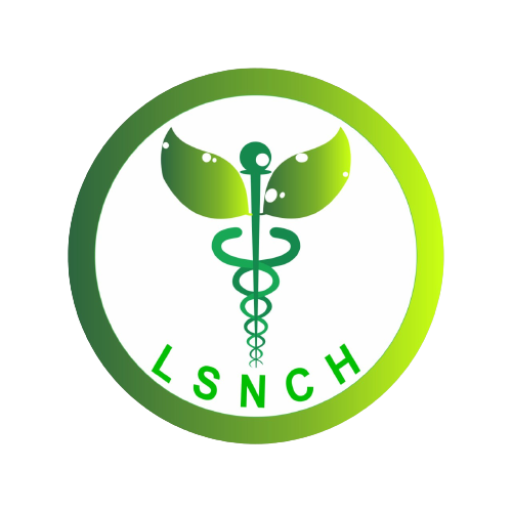WHICH HERBAL MEDICINE IS GOOD FOR INFECTION?

WHICH HERBAL MEDICINE IS GOOD FOR INFECTION?
There are several herbal medicines that have antimicrobial properties and can be effective in treating infections. Some of the most commonly used herbs for infections include:
1. Echinacea: This herb which is scientifically known as Echinacea purpurea and commonly called purple coneflower is well-known for its ability to boost the immune system and fight off infections. Echinacea is not native to Nigeria, hence it does not have a widely known local name in Hausa, Yoruba or Igbo languages.
2. Garlic: Garlic, scientifically known as allium sativum has powerful antimicrobial properties and can be effective against a wide range of bacterial and fungal infections. In Nigeria it is called Tafarnuwa in Hausa language. “Alubosa gambari” in Yoruba language, and “Ayuu” or “Ayoyo”
3. Goldenseal: This herb has been used for centuries to treat infections and has strong antimicrobial properties. It is a common herb used to treat infection among the rank of traditional and alternative healthcare givers however Goldenseal is not native to Nigeria, hence it does not have a widely known local name in Hausa, Yoruba, or Igbo languages. It’s scientific namel is Hydrastis canadensis and it is commonly referred to as “yellow puccoon” or “orange root”.
4. Ginger: Ginger has antiviral and antibacterial properties and can be effective against a wide range of infections especially respiratory infections. In Hausa language, ginger is called “Citta”. In Yoruba language, ginger is called “Atale”. In Igbo language, ginger is called “Jinja”.
5. Turmeric: Turmeric otherwise known as the yellow healer has potent antimicrobial properties and can be effective against a wide range of infections. In Hausa language, turmeric is called “Gàngàmáu”. In Yoruba language, turmeric is called “Ata Ile Pupa” or “Atale Pupa”. In Igbo language, turmeric is called “Ohubobochie” or “Nwandumo”.
6. Thyme: Thyme has very strong antimicrobial properties and can be effective against respiratory infections such as Some examples of respiratory infections are:
a. Common cold
b. Influenza (flu)
c. Pneumonia
d. Bronchitis
e. Tuberculosis (TB)
f. Whooping cough (pertussis)
g. Respiratory syncytial virus (RSV) infection
In Hausa language, thyme is called “Kwando”. In Yoruba language, thyme is called “Efinrin”. In Igbo language, thyme is called “Nchuanwu”.
It is important to note that. If you have a serious infection, it is important to seek medical attention from a healthcare professional.
Today’s tips
A glass of water first thing in the morning and last thing at night go a long way to improve your health
This message is from Living Spice Nature Cure Hospital
+2348037128145
www.lsnaturecure.com


2 comments
Nnaemeka Ogueri
June 20, 2023 at 3:27 pm
What kind of disease do you cure in your hospital ?
livingspice
July 17, 2023 at 12:23 pm
Hello! Welcome to Living Spice Hospital
We treat a wide range of human diseases, including arthritis, diabetes, high blood pressure, cancers, migraines, rheumatism, typhoid fever, tuberculosis, pneumonia, asthma, heart attack, stroke, infertility, erectile dysfunction, premature ejaculation, and more.
Kindly contact us for more information
+234 803 712 8145
09069649938
08062916052
or
WRITE TO US
contact@lsnaturecure.com
drshaye@lsnaturecure.com